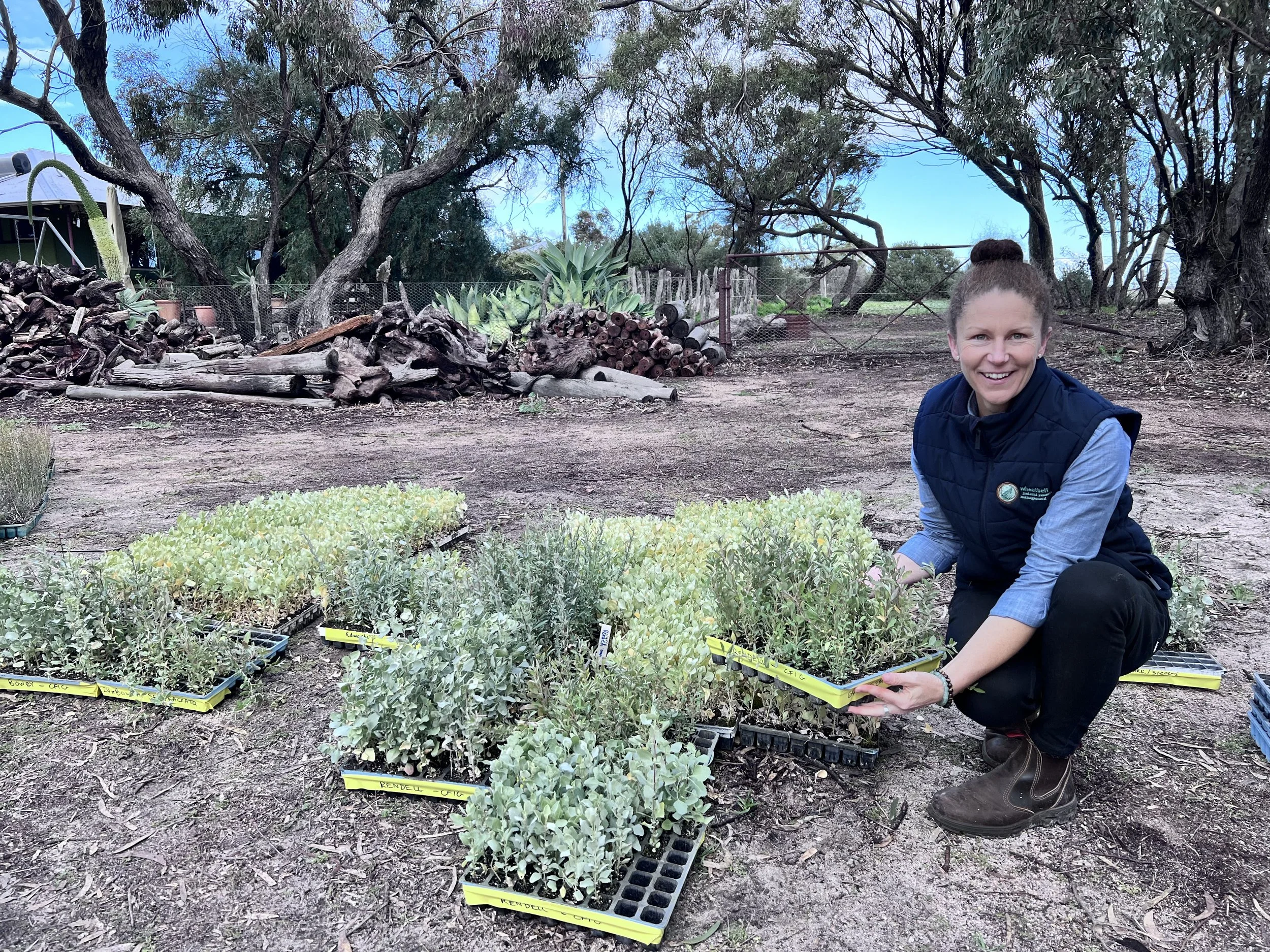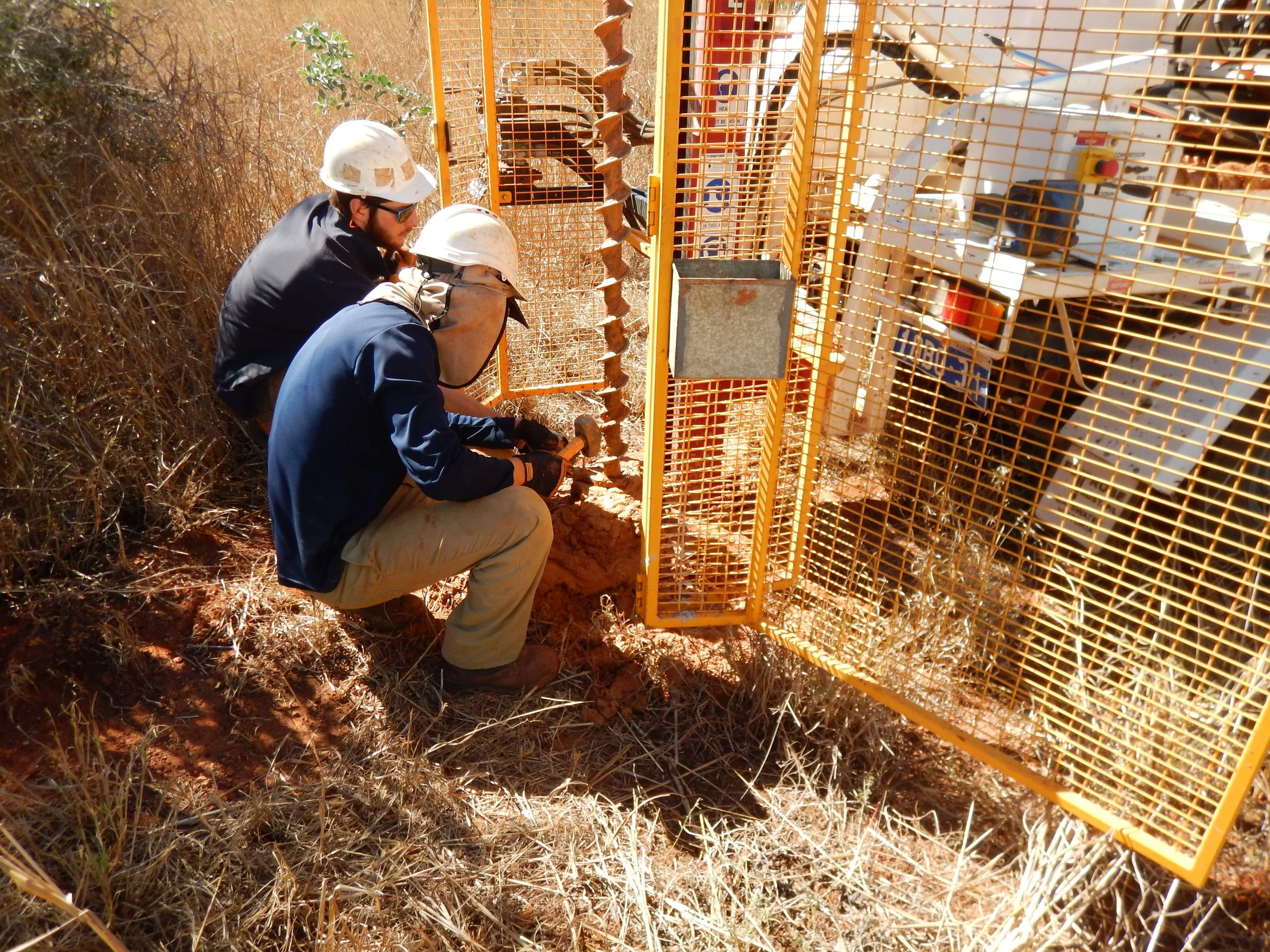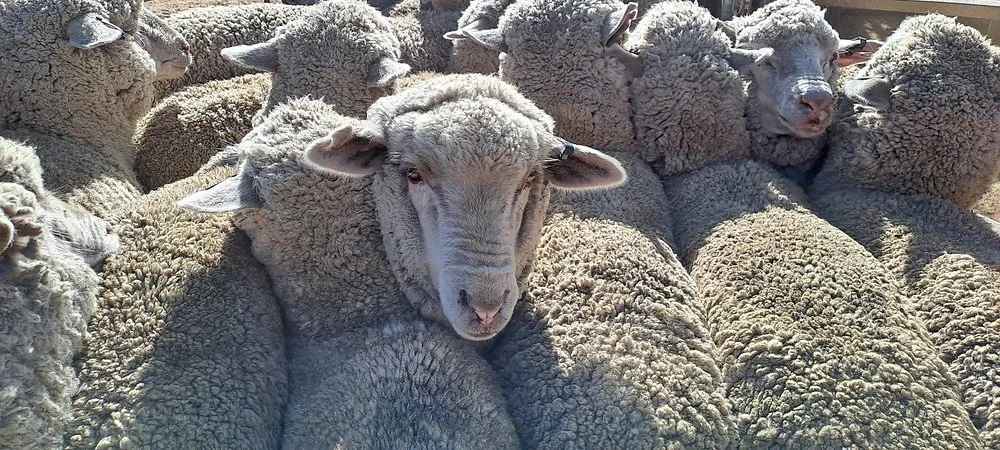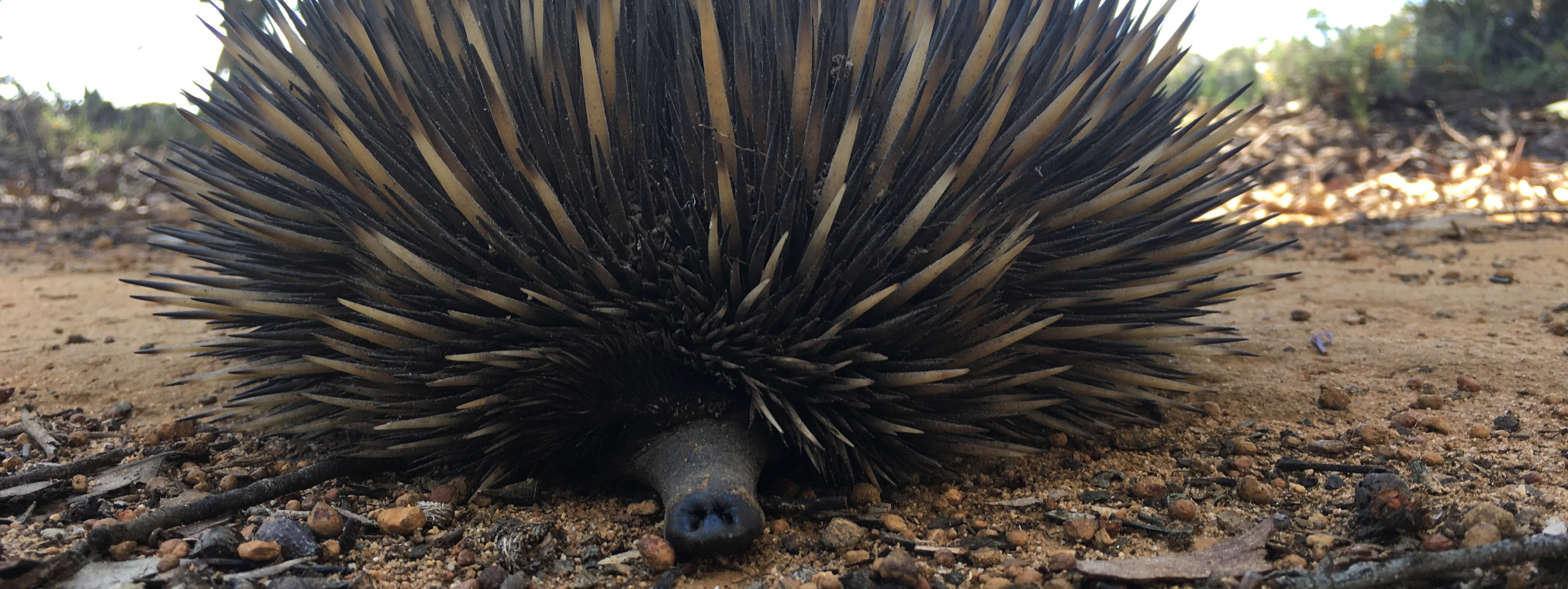
Events & News
Current News
Help shape the future of the Wheatbelt and go in the draw to win a remote sensing camera, local produce hamper, or $100 nursery voucher!
Project Manager Alex Johnson, attended a No-Nonsense Carbon Farming workshop in Merredin last month.
Landholders from across the region gathered for the practical workshop focused on managing carbon on farm. No sales pitch, just solid, industry-led information to help Wheatbelt farmers reduce emissions, boost productivity, and navigate the changing carbon landscape.
This month we’re thrilled to feature Aimee Mouritz, a passionate and driven member of the Wheatbelt NRM team who has been making a big impact since joining in July 2023.
Aimee first came on board as a Project Delivery Officer, and more recently stepped into the role of Sustainable Agriculture Facilitator.
Red Card for Rabbits and Foxes is calling for a passionate, community-minded sponsor to join us as a naming rights partner for the next four years.
This is a unique opportunity to align your brand with one of WA’s most recognised and impactful feral animal control programs, with high visibility and positive engagement across the south-west land division, from Geraldton to Esperance.
Wheatbelt NRM, alongside citizen scientists, used cutting-edge air-sampling eDNA devices to uncover hidden wildlife across five local towns.
From threatened species to feral pests, the results reveal both the richness – and the risks – in our fragmented landscapes. This innovative project shows that even the smallest woodlands matter!
Want to be part of our project? Join now to win an eDNA survey for your property, read more for details.
The National Soil Monitoring Program (NSMP) has officially started in the south west of WA.
Natural Resource Management officers from across the region will be reaching out to landholders to secure sites to be part of the national soil monitoring network.
Access up to $15.000 to kick start your carbon farming project through the Carbon for Farmers Voucher Program through the Department of Primary Industries and Regional Development.
Our staff feature for the month of August is Karen Carter, having joined the team at Wheatbelt NRM in 2023, Karen has been able to combine her love of conservation and the natural environment with inspiring others to have a positive impact through simple actions as a project delivery officer for the Healthy Environments team.
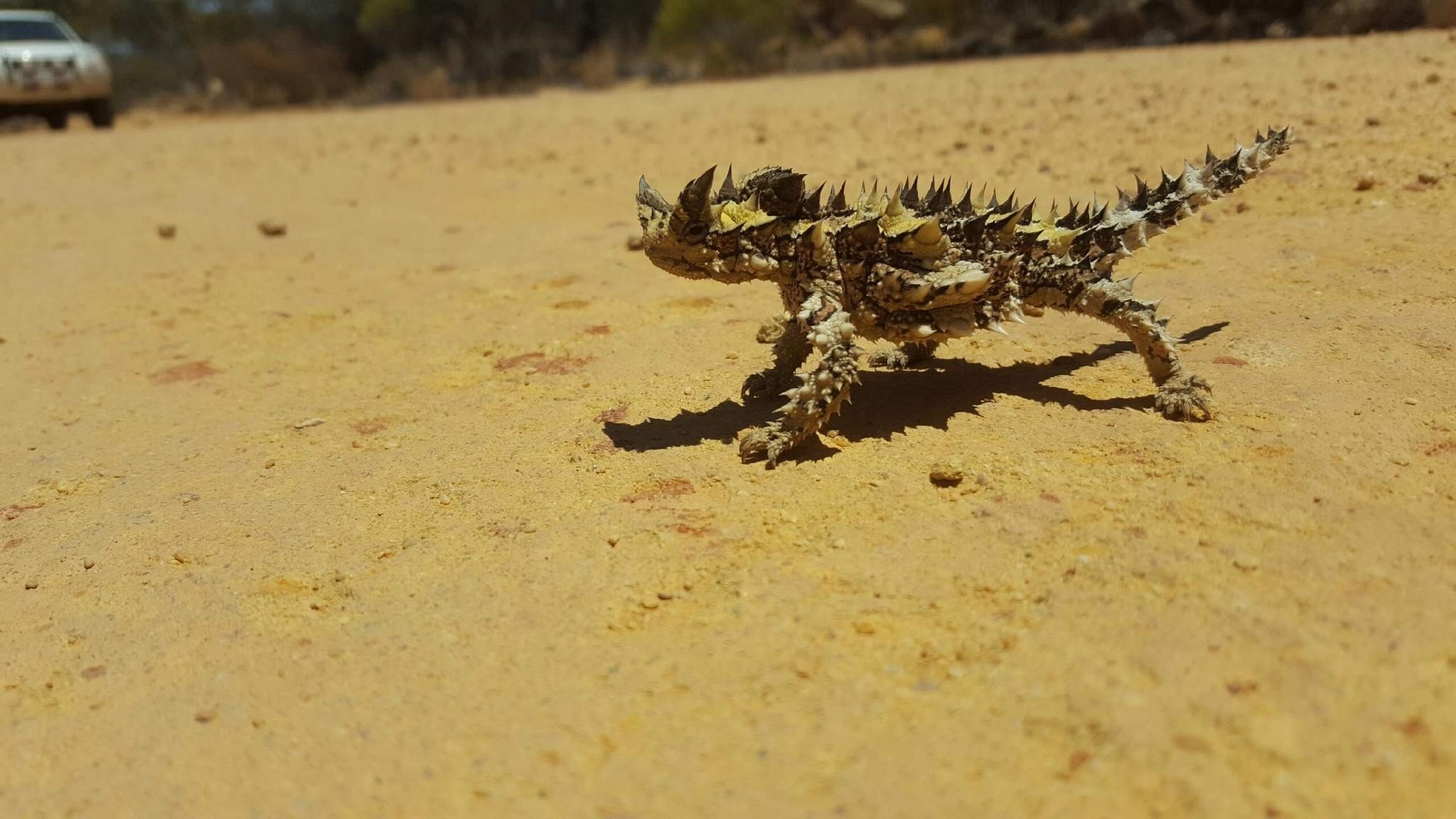
Past News
Issue 406 - September 2025 Calling all Wheatbelt residents and landholders to have their say Issue 405 - August 2025 Visit Wheatbelt NRM team in the DPIRD shed at Dowerin MFD Issue 404 - July 2025 Producer input sought on carbon farming hurdles - survey out now! Issue 403 - June 2025 -NASA Needs You: Wheatbelt Properties Wanted Issue 402 - May 2025 - Autumn is time for action for revegetation success Issue 401 - April 2025 - New Wheatbelt NRM Website complete Issue 400 - March 2025 - Talkin’ Soil Health Success Inspiring Start for 2025
Issue 399 - February 2025 - Carbon Credits Buzzword for 2025
Issue 398 - January 2025 - Empowering Sustainability Together
Issue 397 - December 2024 - Have a Holly Jolly Christmas
Issue 396 - November 2024 - Wheatbelt Heros, Conservation Wins & More
Media Releases
We're thrilled to announce our partnership with Sheep Producers Australia in The Green Sheep Project, a bold national effort to future proof Australia's sheep industry.
Over the next three years, The Green Sheep Project will support producers with practical climate smart tools to boost sustainability, improve pasture and grazing management, and strengthen environmental credentials across the supply chain.
At Wheatbelt NRM, we're proud to be part of a truly collaborative approach — from producers to processors — working together to build resilience, drive innovation and secure long term success for our industry.
Stay tuned as we roll out on farm trials here in WA and support local producers in making data driven, sustainable decisions.
eDNA technology is providing a breakthrough in detecting the elusive Chuditch, a vulnerable marsupial that is hard to trace due to its nocturnal and solitary habits. Wheatbelt NRM is trialling this innovative tool in the Eucalypt Woodlands of the WA Wheatbelt, helping to pinpoint critical habitats for conservation. This method offers a more efficient way to detect and protect species like the Chuditch, which face threats from introduced predators, habitat loss, and human activity. Join us for free community events in March and April to learn more about how eDNA is shaping the future of wildlife conservation.
Applications close Monday 28th of April 2025
Building on the success of our Optimising Fodder for Mixed Farming project, Wheatbelt NRM will work with farmers in the Avon River Basin to create biodiverse forage systems that enhance soil health and farm productivity. Demonstrations will highlight methods to boost productivity and natural capital, with workshops and case studies sharing this knowledge across the wheatbelt.
Expressions of Interest Applications open now.
This project supports private landholders to protect and improve the habitat values of Carnaby's Black-Cockatoo breeding and foraging sites, which also benefits Wheatbelt Eucalypt Woodland Threatened Ecological Communities (TEC) where they co-exist. Project actions include revegetating with key food plants, improving nesting habitat through controlling stock access, regeneration, pest management, and erecting artificial nesting structures. The project will work with community and landholders to further contribute to improving our knowledge and management of Black-Cockatoos by surveying for undiscovered sites and mapping critical habitat.
Expression of Interest Applications open now.
This project focuses on the critically endangered Eucalypt Woodlands of the Western Australian Wheatbelt Threatened Ecological Community (TEC), a vital and iconic part of the Wheatbelt landscape. Continued work in partnership with landholders and our community will improve the condition of the Eucalypt Woodland TEC through establishing conservation agreements and implementing priority actions. These include revegetation, stock exclusion fencing, weed control and feral animal management. This project will also trial appropriate fire management techniques to encourage natural regeneration, focusing on wide ranging woodland sub-communities in degraded condition. The secondary focus for this project is identifying Chuditch distribution in priority areas and implementing management actions such as feral animal control and the installation of artificial dens to increase their long-term viability.
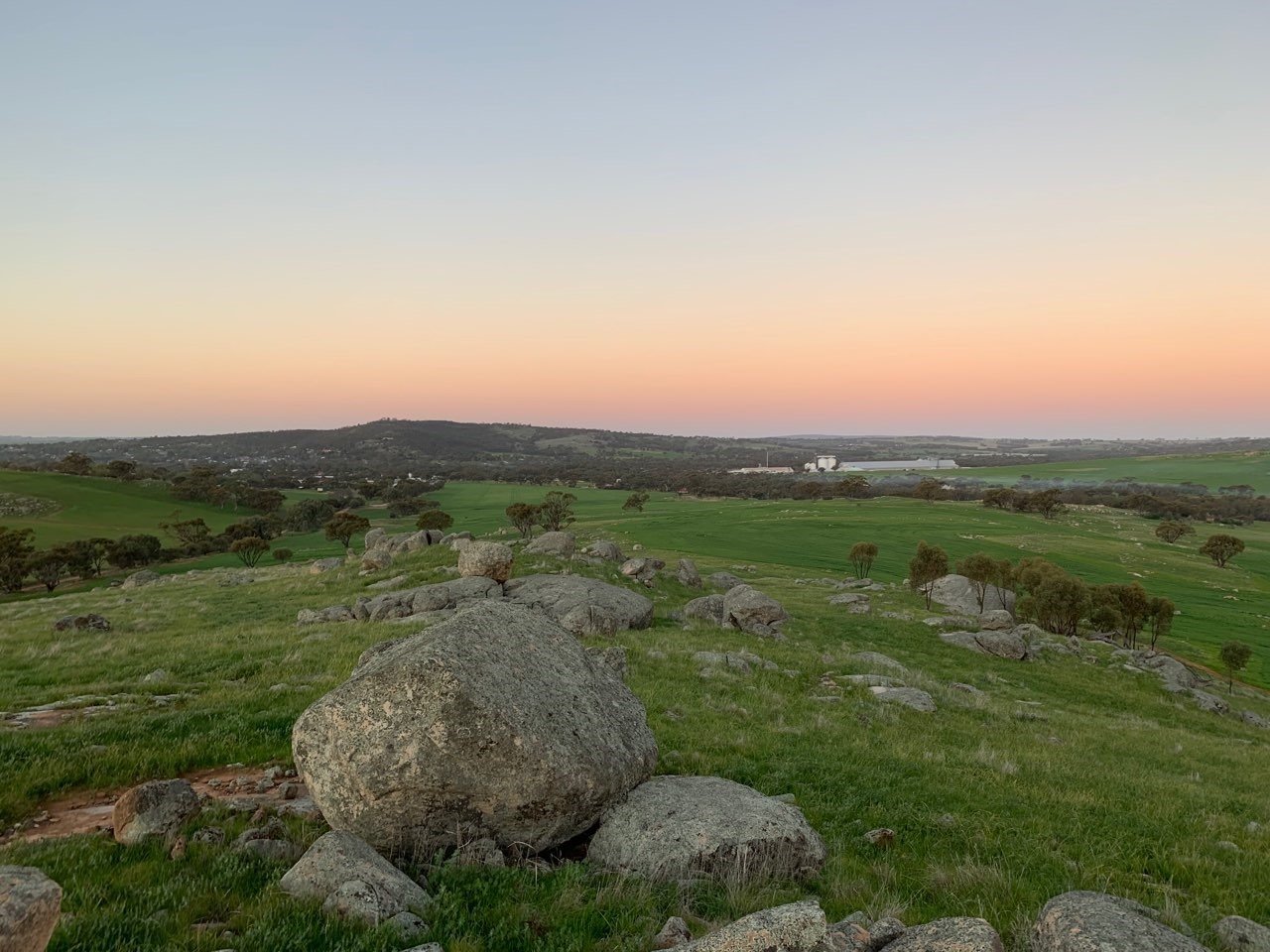
E-news Sign up
Events
The Biosphere Boodja Arts & Wild Things Festival 2025 is a free event running for the first time on the Kings Birthday long weekend this September.
Events include clay-play, Australia’s first crop circle exhibition, dusk puppet parade featuring giant puppet lanterns made by the children of Goomalling and a grand finale of a light projection story on the town’s distinctive grain domes.
After 20 years of fighting feral rabbits and foxes across WA’s south-west, the Red Card for Rabbits and Foxes Program is gearing up for its next chapter — and we want you to be part of it!
We’re hosting Local Area Coordinator meetings in Merredin and Albany, inviting volunteers who organise Red Card activities in their communities to join the conversation.
You're invited to attend the 2025 Annual General Meeting (AGM) of Wheatbelt Natural Resource Management Incorporated.
Date: Wednesday, 22 October 2025
Location: Bridgely Community Centre, Northam
Time: 930am for a 10am start



